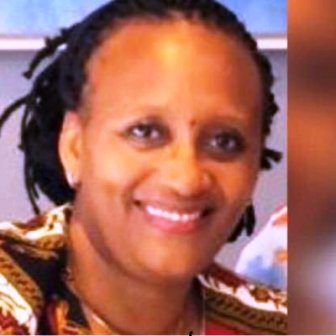Equatorial Guinea expels WHO Representative
The Ministry for Foreign Affairs and Cooperation of Equatorial Guinea has informed the WHO Regional Office for Africa that its country head of office, Dr Triphonie Nkurunziza must leave Malabo as soon as possible.
The country had accused WHO of inflating its COVID-19 figures.
Prime Minister Pascual Obama Asue while appearing at the Senate last week had accused Nkurunziza of “falsifying the data of people contaminated” by COVID-19 saying however that the country does not have any problem with WHO but its representative in Malabo.
“We don’t have a problem with the WHO, we have a problem with the WHO’s representative in Malabo,” he said in remarks broadcast on state television.
The authorities say that as of June 1, there were 1,306 recorded cases of coronavirus, 12 of them fatalities, in a population of 1.3 million.
WHO however described the decision as regrettable.
In a statement, the organisation said: “Dr Nkurunziza is an experienced health expert, leader and manager, who led the Regional Office’s maternal health programme for many years and has served as Minister of Health in her own country. She has been leading WHO’s work in Equatorial Guinea, including support to the COVID-19 response. WHO has every confidence in her competence, commitment and integrity.
“There has been a misunderstanding over data, which WHO offered to clarify. WHO wishes to state that Dr Nkurunziza did not falsify COVID-19 figures.
“WHO will continue to support Equatorial Guinea and the people of all Member States in the COVID-19 response, as well as on other priority health issues, in line with the International Health regulations (IHR). The organization is committed to improving the health of everyone and saving lives, everywhere and in all circumstances,” the statement said.
Equatorial Guinea becomes the second African country to sack WHO representatives as the COVID-19 pandemic rages.
It will be recalled that Burundi sacked its country’s WHO Representative days before the May 22 presidential election and after the WHO raised concerns about crowded political rallies.

